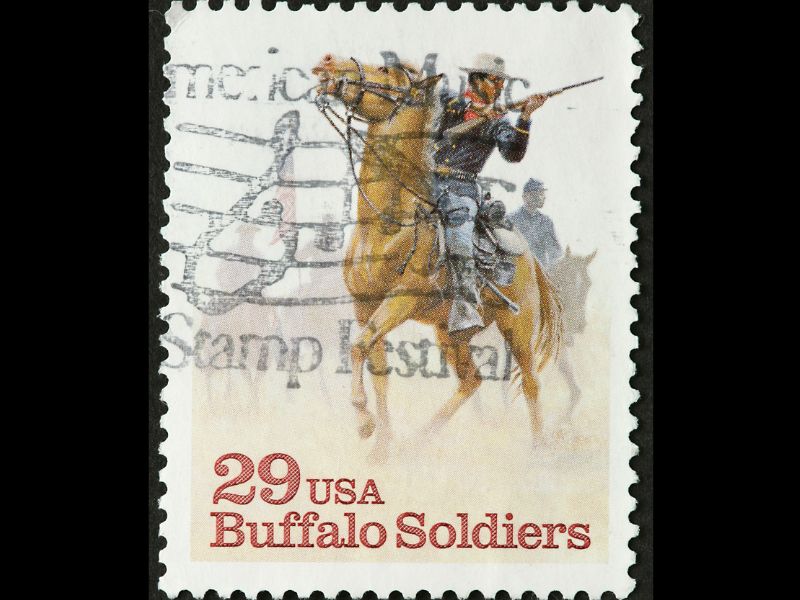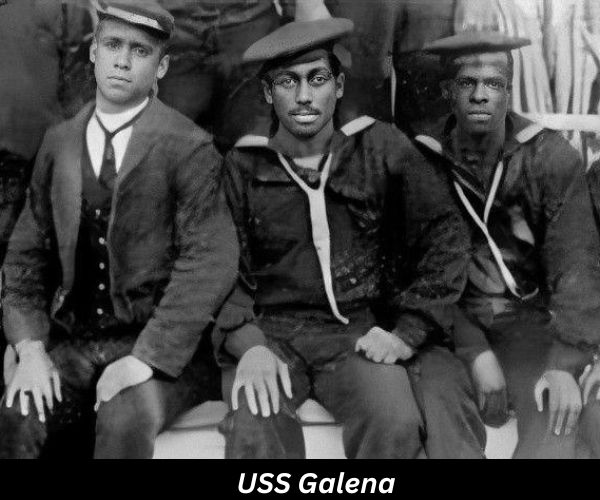The 2010 U.S. Census recorded 10,401 black Americans with English as their last name. That represented 22% of the total of 46,393 entries.
This article tracks their numbers in the census since the Civil War. We also look at historic African American people named English.
We end with a review of early records of black military service in the United States.
After The Civil War
The 1870 census was the first survey after the Civil War and the Emancipation Proclamation. In 1850 and 1860, only free African Americans were recorded in the census. The many enslaved were omitted.
From 1870 onward, all black Americans were included.
1,254 people named English were recorded in the 1870 census as black and 204 as mixed.
There was a total of 10,377 people with the name.

English In The 1900 And 1940 Census
The mixed category was dropped from the census in 1900, so we just need to look at the black numbers this time.
The 1900 census recorded 2,678 people with the last name English as black within a total of 17,325 that year.
By the way, the mixed category returned in the 1910 and 1920 censuses. It was dropped again in 1930, but replaced with extra categories for colored and non-white in a way that seems confusing now.
This changed again in 1940 and we can simply focus on one black category.
The 1940 census recorded 4,165 people named English as black within a total of 26,346.
Historic Black Figures With The English Surname

Here is a notable African American in history with English as their last name.
Thomas English
- Born: 1819
- From: New York
- Died: 1868
Eight African Americans were awarded the Congressional Medal of Honor for their service during the Civil War. Thomas English was one of that number.
He had the rank of Signal Quartermaster and was serving on the U.S.S. New Ironsides which attacked Fort Fisher in late 1865 and early 1865.
More black recipients
Here are some more black naval servicemen who were awarded the Medal of Honor:
- Aaron Anderson in Chesapeake Bay
- William H. Brown during the Battle of Mobile Bay
English In Black Military Records

Military records are a rich resource of information for family history research. Here are examples of the English surname from military service.
Buffalo Soldiers
Five regiments for black soldiers were formed during the Civil War. They were known as the Buffalo Soldiers.
Their records are part of the national archive of military monthly returns. The information includes the year and place of birth, where they enlisted, their occupation, and their height.
One of the earliest military entries for English was in June 1898. Charles English was a Private in the U.S. Tenth Cavalry. He was stationed in June 1898 at Lakeland, Florida.
Another entry was in April 1901. James J. English was a Private in the U.S. Ninth Cavalry.
If you are researching military ancestors, there is a free index of these records on Ancestry.com and FamilySearch.org.
You have to create an account on either website, but you do not need to pay for the Buffalo Soldiers archive.
Black Civil War Sailors
The National Parks Service has a free archive of African American sailors during the Civil War.
The information includes their age, height, rank, occupation, and where and when they enlisted. It also includes every ship that they served on.
You can search the database on the National Parks website.

Thomas English
One of the earliest entries for English was for Thomas English from New York. He enlisted in July 1862 at Philadelphia when he was aged 43.
The record shows that Thomas was assigned on October 1864 to the ship New Ironsides.
His occupation before enlisting was as a Mariner/Waiter. His naval rank was Quartermaster.
Amos English
One of the later entries was for a sailor who enlisted at Cedar Keys, Florida in January 1863. Amos was aged 21.
He was assigned to the ship Sagamore on January 1864. His naval rank was 2nd Class Boy.
“2nd Class Boy” was a rank generally given to seamen in training, who performed various manual tasks and duties aboard a ship under supervision.
This could prepare them for promotion to the rank of 1st class boy and then to ordinary seaman.